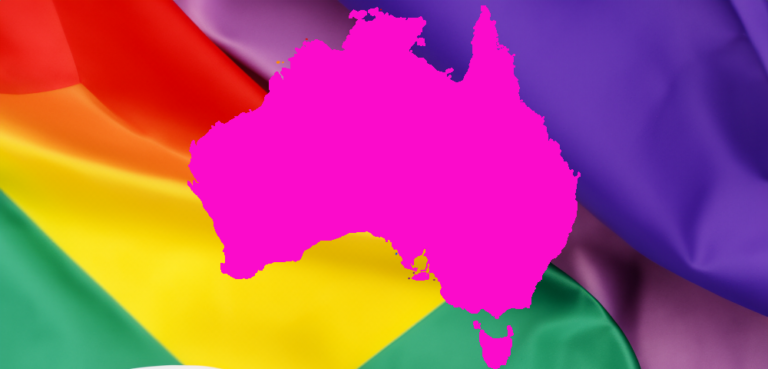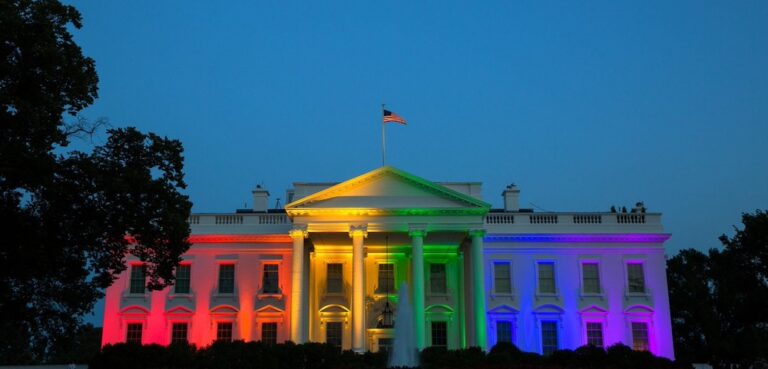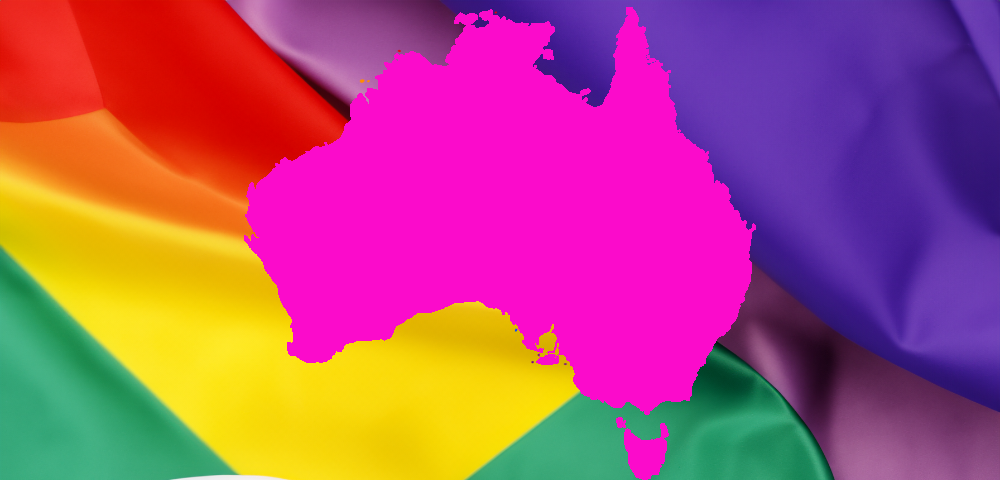
Two thirds of new voters in the postal survey will be under 24

There have been over 98,000 new people added to the electoral roll since the marriage equality postal survey was announced, and 65,000 of those are aged 18 – 24, according to the Australian Electoral Commission (AEC).
Electoral Commissioner Tom Rogers said the processing of enrolment transactions was finalised on Monday, with more than 16 million Australians enrolled and eligible to participate in the postal survey.
“Over 3.3 million people visited the AEC website in the two weeks leading up to the close of rolls compared to an average fortnight of around 90,000 visitors,” he said.
Between August 8 and 24 the AEC processed a total of 933,592 enrolment transactions, compared to approximately 687,000 enrolment transactions during the close of rolls period at last year’s federal election.
The majority of enrolment transactions, 87 per cent, were enrolment changes or updates, most of which were associated with electors aged 25 – 39.
However, there were over 98,000 people added to the roll, of which 65,000 are electors aged 18 -24.
The Australian Bureau of Statistics is conducted the postal survey. Further information is available on the ABS website.
Enrolment processing for the marriage law survey was completed early this week. A breakdown is available at https://t.co/23JLzlEc71 #auspol pic.twitter.com/9sbOvicPoB
— AEC ✏️ (@AusElectoralCom) August 30, 2017






Reasons the plebiscite is crap # 109: it’s being run by the Australian Bureau of Statistics but the actual statistic being measured (due to the government’s insistence, not the ABS’s fault) is not the proportion of Australians who support marriage equality, instead it’s the “proportion of people on the electoral roll who are capable of receiving post and who can be arsed posting a form back who support marriage equality”.
The ABS knows that young people will participate in lower numbers than if they’d allowed internet responses (which, as we know, the ABS has invested a lot of money in facilitating). But they can’t adjust the stats to reflect this, despite this being a statistically perfectly legitimate (indeed desirable) action if what you want is the actual proportion of the population who support marriage equality.
Instead, it’s just as much a stack-out as if they’d only permitted internet responses and elderly people felt they were being disenfranchised (and which the Libs would never stand for). Ironically, this would actually be more defensible by a government though because it would slash the cost to taxpayers of this whole revolting exercise.